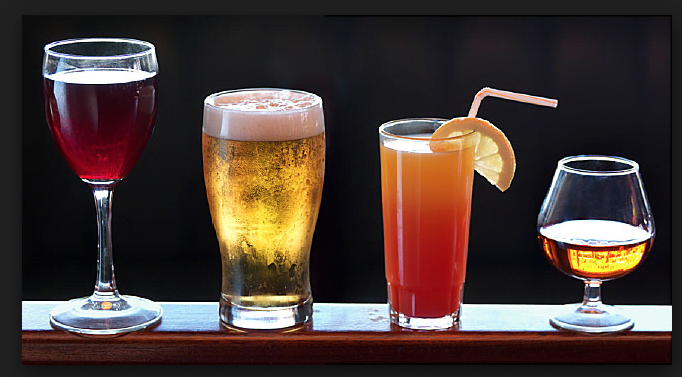
However, he said, that’s only half the story of what ethanol consumption does to the brain.
“Usually, when we talk about learning and memory, we’re talking about conscious memory,” said Morikawa in a press release. “Alcohol diminishes our ability to hold on to pieces of information like your colleague’s name, or the definition of a word, or where you parked your car this morning. But our subconscious is learning and remembering too, and alcohol may actually increase our capacity to learn, or ‘conditionability,’ at that level.”
Morikawa’s study falls in line with a growing consensus in the neuroscience community that drug and alcohol addiction is fundamentally a learning and memory disorder.
When people drink alcohol – or engage in any other illegal drug use – their subconscious is learning to consume more.
People under the influence also become more receptive to forming subconscious memories and habits with respect to their current environment, which includes the food, music, people and social situations that are present.
According to Morikawa, alcoholics aren’t addicted to the pleasure or relief they get from drinking alcohol so much as they are addicted to the environmental, behavioral and physiological cues that are reinforced with alcohol triggers the release of dopamine in the brain.
“People commonly think of dopamine as a happy transmitter, or a pleasure transmitter, but more accurately it’s a learning transmitter,” said Morikawa. “It strengthens those synapses that are active when dopamine is released.”
Essentially, this means alcohol is an enabler. It assumes control over the system that regulates dopamine and tells the brain that what we’re doing at the moment is rewarding and ought to be repeated.
Thus, we get addicted to the situation: drinking, being at the bar, chatting with friends, eating certain foods and listening to certain kinds of music. The more often we do these things while drinking, the more dopamine that gets released and the more we crave these situations and experiences that center around the alcohol use.
Morikawa hopes that his study will help to further pin down the neurological mechanisms behind addiction and assist in the development of anti-addiction drugs that would weaken, rather than strengthen, the subconscious learning that alcohol is a rewarding experience.
“We’re talking about de-wiring things,” said Morikawa. “It’s kind of scary because it has the potential to be a mind controlling substance. Our goal, though, is to reverse the mind controlling aspects of addictive drugs.”
The study was published in The Journal of Neuroscience.
